Solid-State Batteries – Bottled water contains hundreds of thousands of potentially dangerous plastic fragments 10-01-2024
Solid-State Batteries
Crude Oil Prices Trend
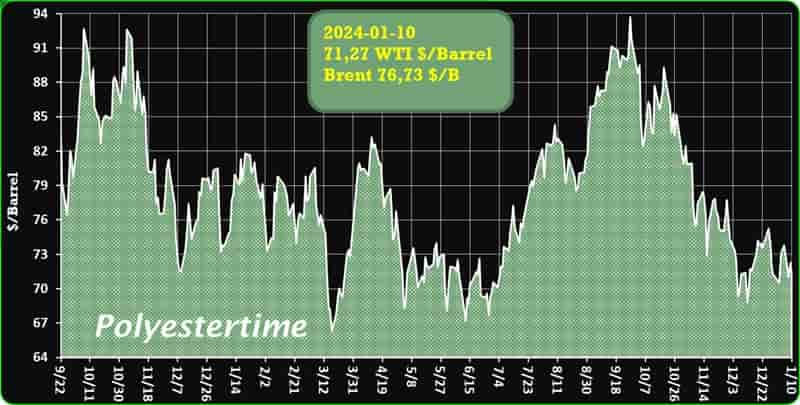
Crude Oil Prices Trend by Polyestertime
Volkswagen – Solid-State Batteries: Half a Million Kilometers Without Degradation
Solid-state batteries, a highly promising technology for the electric cars of the coming years, take a significant step towards mass production. QuantumScape, an American startup in collaboration with Volkswagen for over a decade, has successfully completed endurance tests on its solid-state cells. These tests involved over a thousand recharge cycles, after which the cells retained 95% of their nominal capacity. The trials took place at the laboratories of PowerCo, the battery company within the Volkswagen Group.
Beyond industry standards, QuantumScape’s cells have surpassed the standard objectives for this development phase, which anticipate a maximum loss of 20% after 700 recharge cycles. Solid-State Batteries
With this technology, an electric car achieving a range of 500-600 km in the Wltp homologation cycle could potentially last at least half a million kilometers without any noticeable decline in autonomy. The American company’s batteries have also excelled in rapid charging, safety, and self-discharge tests.
Ready for mass production, the solid-state cell tested by PowerCo consists of 24 layers and already corresponds to the version intended for serial production. The next steps involve refining large-scale production processes for market introduction. Jagdeep Singh, founder and CEO of the American startup, emphasizes that there is still much work to be done to bring this technology to the market.
Nevertheless, as of now, there is no knowledge of any other lithium-metal battery for automotive use demonstrating such high discharge energy retention over a comparable number of cycles and under similar conditions. Solid-State Batteries
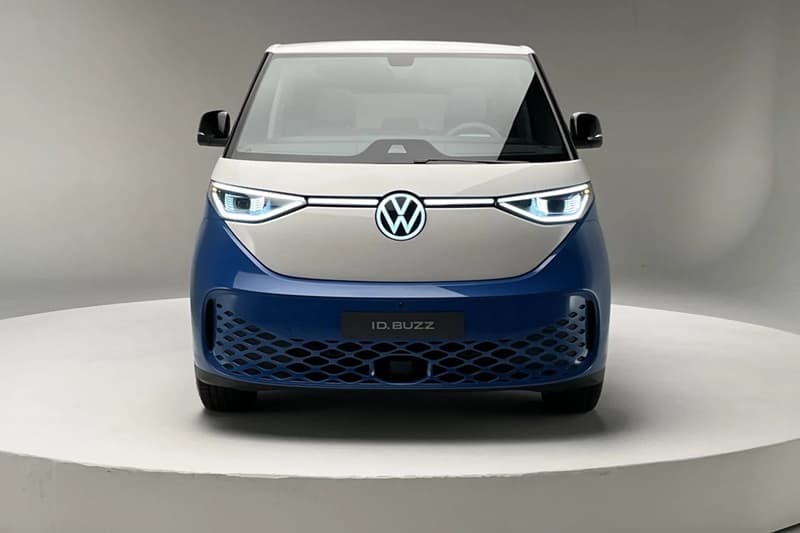
Turkey seeks Saudi partnership Cooperation as it plans to be an energy hub to Europe, minister tells Arab News
Turkey is seeking more cooperation with Saudi Arabia and other countries as it plans to be an energy hub to Europe, its finance minister said.
“Turkey from its geographical position is an energy corridor from Russia, Iran, and Saudi Arabia. Any kind of natural gas or oil that is going to be transported or shipped, will cost less and will be more safely shipped,” Nureddin Nebati told Arab News in an interview.
Speaking on the sideline of the 6th edition of Future Investment Initiative forum in Riyadh, the minister didn’t elaborate further on how the two countries might cooperate but said that peace in the region will bring energy costs down. Solid-State Batteries
“Turkey and Saudi Arabia are also assisting each other, which will bring peace in the region. That peace will bring more affordable gas prices, the energy prices, and will allow both countries to look ahead,” he added.
Saudi Arabia is the largest exporter of oil in the world. Its gas reserves amounts to nearly 300 trillion cubic feet, making it the largest fifth gas reserve in the world. However, the Kingdom doesn’t export gas and it intends to expand production to meet local demand and eliminate the use of oil and other liquids in power generation.
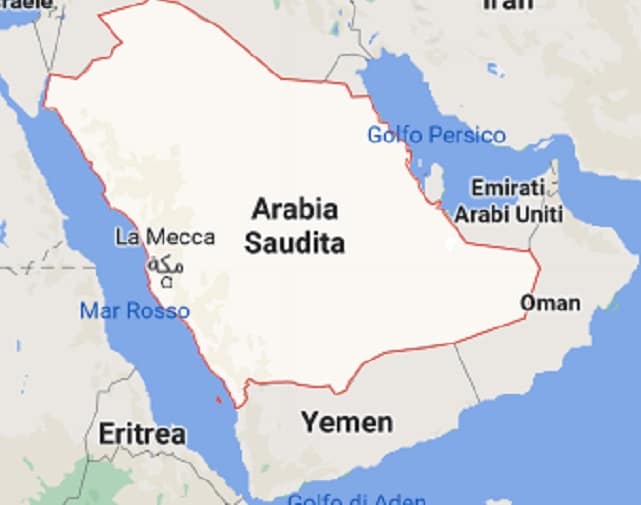
Bottled water contains hundreds of thousands of potentially dangerous plastic fragments: Study
A new study has found that the average bottle of water contains nearly a quarter million fragments of “nanoplastics” — plastic particles so small they can potentially gum up the machinery of human cells.
The findings published on Monday in the Proceedings of the National Academy of Sciences open a disturbing window into a largely unmapped corner of plastic pollution — a region marked by plastics the approximate size of viruses or vaccine particles.
“We know microplastics are always in the environment,” coauthor Beizhan Yan of Columbia University told The Hill. “They are high up in the alpine, and down in the Marianas Trench, and quite a lot in New York City water as well.” Solid-State Batteries
But microplastics are comparatively large and easy to measure, he said — measurable in millionths of a meter, they can be viewed using technology like a scanning electron microscope.
The team was concerned by nanoplastics, which are particles thousands of times smaller – measurable in billionths of a meter. These smaller sizes can translate to greater danger, Yan said, “because the smaller the particle size, they are easy to get into the human bodies and then cross different barriers.”
The tiny compounds, Yan added, “can cross into the blood, and then can cross the different barriers to get into the cells,” interfering with the organelles — cellular organs — “and causing them to malfunction.” Solid-State Batteries
Both micro- and nanoplastics have been found to have a wide array of dangerous impacts on a staggering array of key systems in the human body, as a December article in The Lancet found.
That survey of recent research found that tiny plastics can interfere with the chemistry of the human body — causing impacts both on and from the communities of microbes in our gut that help us digest food.

BYD, the first stone for the production of sodium batteries, cheaper (but less efficient) than NMC and LFP
BYD has initiated the construction of a new production site dedicated to sodium batteries in Xuzhou, a city in the Jiangsu province of China. This move is part of an agreement with Huaihai Group, specializing in motorcycles and tricycles, signed on November 18 in Shenzen for a 10 billion yuan (€1.28 billion) investment and a production capacity of 30 GWh. The groundbreaking ceremony took place on January 4, and this facility joins another nearing completion in the same location, focused on Lithium Iron Phosphate (LFP) batteries with “blade” cells, initiated in early 2023. Solid-State Batteries
The sodium batteries are intended for low-end vehicles produced by BYD and its customers, as well as for motorcycles from Huaihai Group. These batteries, utilizing sodium instead of lithium, offer superior sustainability from both an environmental and economic perspective compared to traditional Nickel Manganese Cobalt (NMC) and LFP batteries. They boast a lower cost (one-third of NMC), albeit with a 50% lower energy density and power. Noteworthy advantages include safety, recyclability, charge retention, durability, and operability in a broader temperature range (-20°C to +60°C).
This sodium battery technology is gaining traction in the market, targeting low-cost vehicles for emerging markets, motorcycles, tricycles, and stationary systems. The sodium-ion battery market is poised for significant growth, with a projected 600% increase by 2033, reaching a total capacity of 67.7 GWh. BYD’s ambitious plans contribute to this trend, challenging initial projections by industry experts.
Despite previous use in space shuttles, the technology’s success hinges on its adaptation to affordable and sustainable solutions, potentially reshaping the dynamics of the electric vehicle battery market. Solid-State Batteries
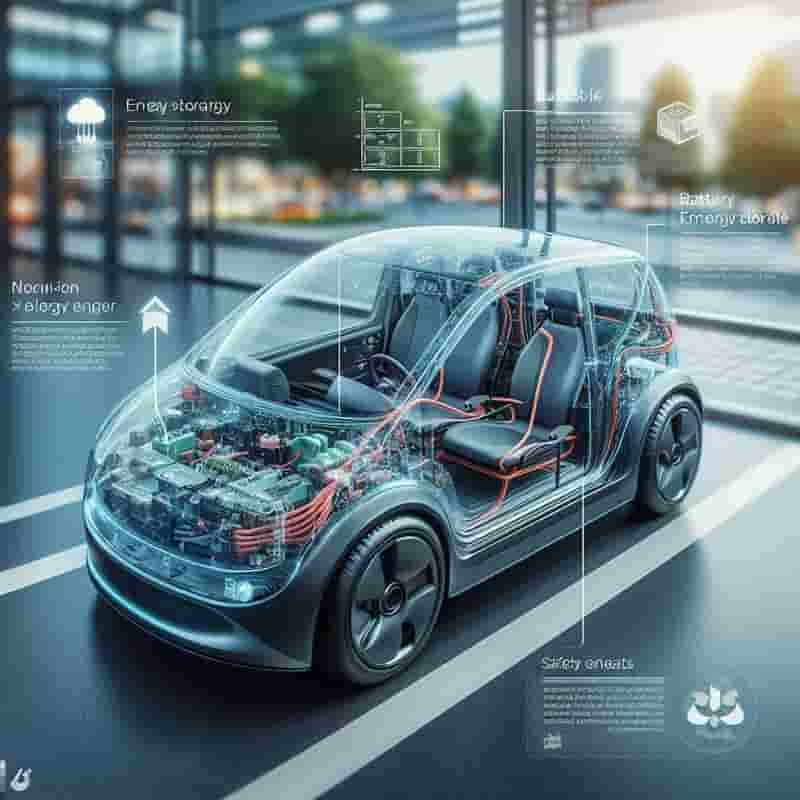
Equinor and Linde have signed an agreement to develop the H2M Eemshaven low carbon hydrogen project
Equinor and Linde have signed a project development agreement to develop the H2M Eemshaven low carbon hydrogen project in the Netherlands as partners.
Equinor will secure access to carbon transport and storage capacity and offer low carbon hydrogen to the market. Linde will build, co-own and operate the hydrogen production and carbon capture and transfer facility.
The aim is to build a facility in the Eemshaven industrial area to reform natural gas from the Norwegian continental shelf to low-carbon hydrogen with CO2 capture and storage (CCS). More than 95 percent of the CO2 will be captured and stored safely and permanently under the seabed offshore Norway. The aim is to start production in late 2028 and the hydrogen plant will be connected to onshore hydrogen pipelines planned in both the Netherlands and Germany. Solid-State Batteries
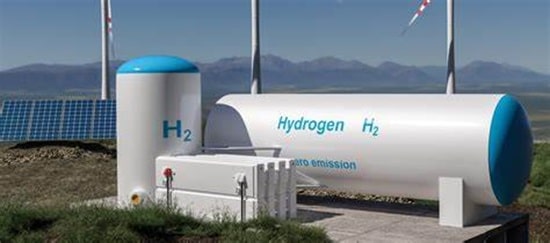
Advanced Petrochemical to Temporarily Pause Jubail Polypropylene Production in February
Saudi Arabia’s Advanced Petrochemical, a major player in the Asian petrochemical industry, has announced plans for the temporary shutdown of two polypropylene (PP) production lines in Jubail, Saudi Arabia. This scheduled pause in production is set to commence on February 4, allowing for routine maintenance activities to be carried out. The maintenance work will be conducted on enterprises with a combined annual capacity of 270,000 tons of PP and 210,000 tons of PP. The shutdown period is expected to extend until February 27 of the current year, ensuring a comprehensive and thorough maintenance effort. Solid-State Batteries
It’s worth noting that the last instance of Advanced Petrochemical closing its PP plant in Jubail for scheduled maintenance occurred from February 28 to March 22, 2022. This periodic shutdown strategy aligns with industry best practices, emphasizing the company’s commitment to maintaining optimal operational efficiency, reliability, and safety standards.
Advanced Petrochemical, formerly known as Advanced Polypropylene, operates as a joint-stock company, established in October 2005. The company embarked on the construction of petrochemical plants in May 2005, with its facilities strategically located in the industrial city of Jubail on the east coast of Saudi Arabia. The production output includes 455,450 tonnes of propylene annually and an additional unspecified tonnage of polypropylene per year. Solid-State Batteries
The decision to undertake routine maintenance activities on the two PP production lines in Jubail reflects Advanced Petrochemical’s dedication to ensuring the long-term sustainability and effectiveness of its operations. By proactively addressing maintenance needs, the company aims to enhance equipment reliability, prevent potential issues, and align with industry standards and regulations.
As part of its commitment to transparency and industry best practices, Advanced Petrochemical has provided advance notice of the scheduled maintenance period.
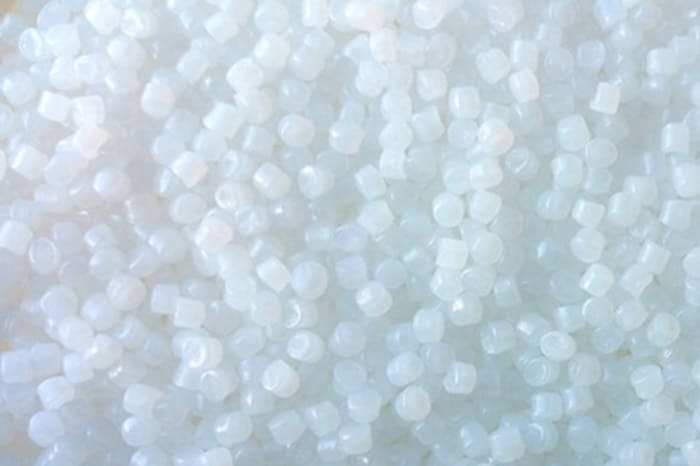
In the northwestern Galicia region of Spain, sandy beaches have become the focal point for hundreds of volunteers armed with colanders and shovels
Their mission: to tackle the aftermath of an environmental crisis as millions of plastic pellets, also known as mermaid tears or nurdles, inundated the coast.
These tiny pellets, utilized in the production of everyday items like water bottles and shopping bags, contribute to the pervasive issue of plastic pollution in oceans and rivers globally. Solid-State Batteries
The onslaught of plastic pellets in Spain traced back to at least one container that fell from the Toconao, a Liberia-registered vessel chartered by shipping giant Maersk, off the neighboring Portuguese coast last month, according to a statement from Bedeko Europe, the manufacturer of the pellets.
Deputy Prime Minister Maria Jesus Montero expressed the government’s concern about potential “serious repercussions” and admitted uncertainty regarding the exact impact, particularly on the fishing industry. The cleanup efforts evoked memories of Galicia’s 2002 environmental disaster, a fuel oil spill that closed Spain’s lucrative fishing grounds.
An estimated 10 trillion plastic pellets contaminate marine ecosystems annually, as reported by the Pew Charitable Trusts in 2020. Solid-State Batteries
Environmentalist group Ecologistas en Accion criticized the regional government’s delayed response and announced plans to file an environmental crime complaint against Toucan Maritime, the Dutch owner of the vessel. Political blame games ensued, with Galicia’s regional leader accusing the central government of withholding information for over two weeks, while Madrid’s representative in Galicia countered that the maritime rescue service had alerted regional coast guards about the incident on December 20.
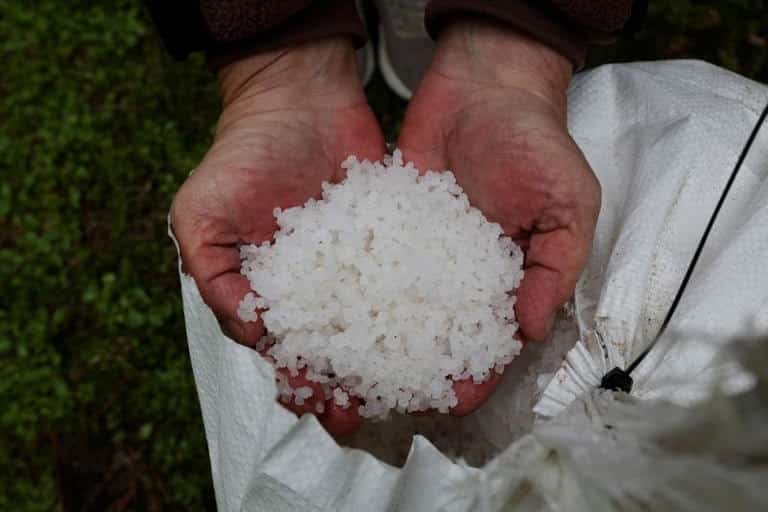
Recycling Guide – Brics countries shake up world order 09-01-2024
Solid-State Batteries
